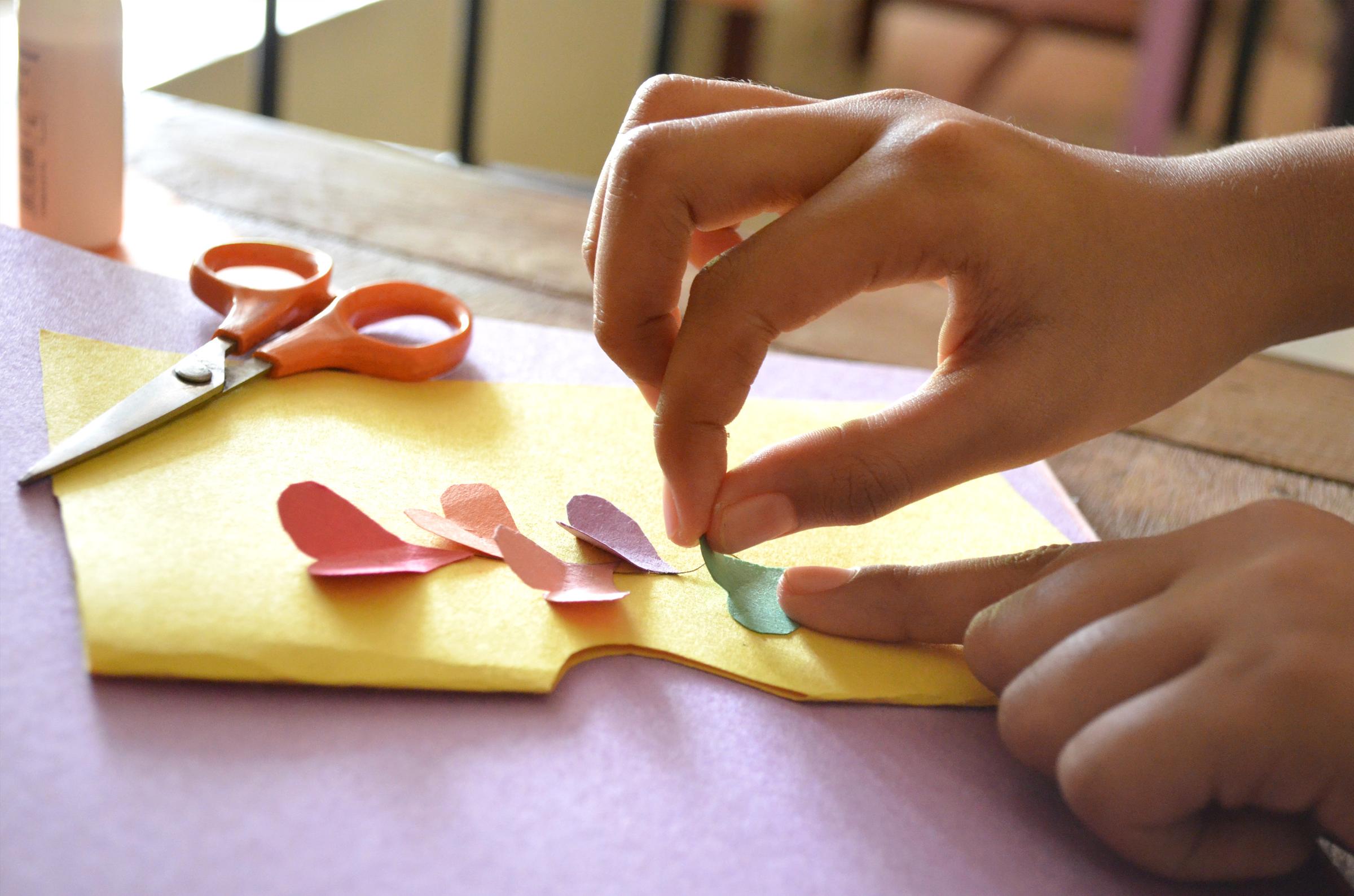Parenting Ideas Articles

Let kids off the leash for greater confidence and resilience
By Michael Grose
“Did you as a child or teenager enjoy more freedom to move around your neighbourhood than you give to your kids?”
I often ask parents this question at my presentations and the answer is usually overwhelmingly affirmative. I then ask:
“Put your hand up if you benefitted from this freedom in any way including developing self-confidence, gaining independence and learning how to solve your own problems.”
Almost every parent present raises a hand.
Deep down we know that giving kids more freedom is good for their overall development, yet we so often struggle to give kids the same liberties to roam that many of us enjoyed as children ourselves.
Recently Tim Berryman, principal of Fitzroy Community School, gave a speech urging parents to be brave and give their children more freedom.
The speech obviously struck a chord, as more parents in his school now allow their children to travel to school independently, as well as walk to the shops, the park or friends’ homes without an adult.
Bravo to the principal for taking a stand and three cheers to the parents who changed their ways and gave their kids the opportunity to roam away from home without adult supervision.
In my book Spoonfed Generation I wrote how it was the edgier escapades – such as climbing walls, exploring drains and building cubbies from scraps scrounged from a nearby wood yard – and not the safe experiences that shaped me and made me less fearful as a child. These types of experiences in unpredictable environments taught me about being resourceful, assessing risk and confronting my fears.
I would strongly argue that although I benefited greatly from a very good formal education at school it was these unorganised activities that helped me reach my full potential. Unfortunately, these are not the type of experiences many of today’s children and young people enjoy.
Not all risks are the same
There are a number of reasons why today’s generation experience less freedom than previous generations. These include busy after-school schedules leaving less time for wandering and the centralisation of shops and parks reducing opportunities for walking. However it’s the perception that the world is a more dangerous place that seems to be most pertinent. This is despite there being little evidence to suggest that stranger danger is on the rise.
The wish to keep kids safe is now paramount for many adults, but it comes at the expense of children’s and young people’s natural developmental need for unpredictable experiences away from constant adult supervision.
We need to be careful we don’t throw all risk into the same basket. We need to separate risk-taking in terms of unsafe/unhealthy risks (e.g. playing chicken with cars on busy roads) and safe/developmental risks (e.g. using traffic lights to cross busy roads). It’s evident that children who are exposed to safe risk-taking usually are less fearful, less anxious and more able to take on new challenges and experiences.
Parents need to be brave
Perhaps one of the hardest parts of parenting is letting go of our primal need to keep kids safe from pain and harm. The wish to protect is in the DNA of most parents, yet we can’t let that innate desire restrict children’s basic developmental need to explore, to be curious and to pull away from parental protectiveness.
As Tim Berryman said so eloquently in his speech, “We don’t need to reflect for long to consider all the disasters that could befall our children in the park, travelling to school or going to the shops. …(But) if we are aware of the cost of this fear, and instead keep it in check, we will help to nurture a more empowered child, laying out the ground for a more empowered adult.”
Just as we want our children to be brave and face their fears, we too need to face down some of the unwarranted fears that we have for our children’s safety. Navigating fear is a part of parenting just as it is part of growing up. It makes us feel uncomfortable. But when we face those fears, confidence and competence grows and anxiety dissipates. This principle is just as pertinent for parents as it is for our kids.
